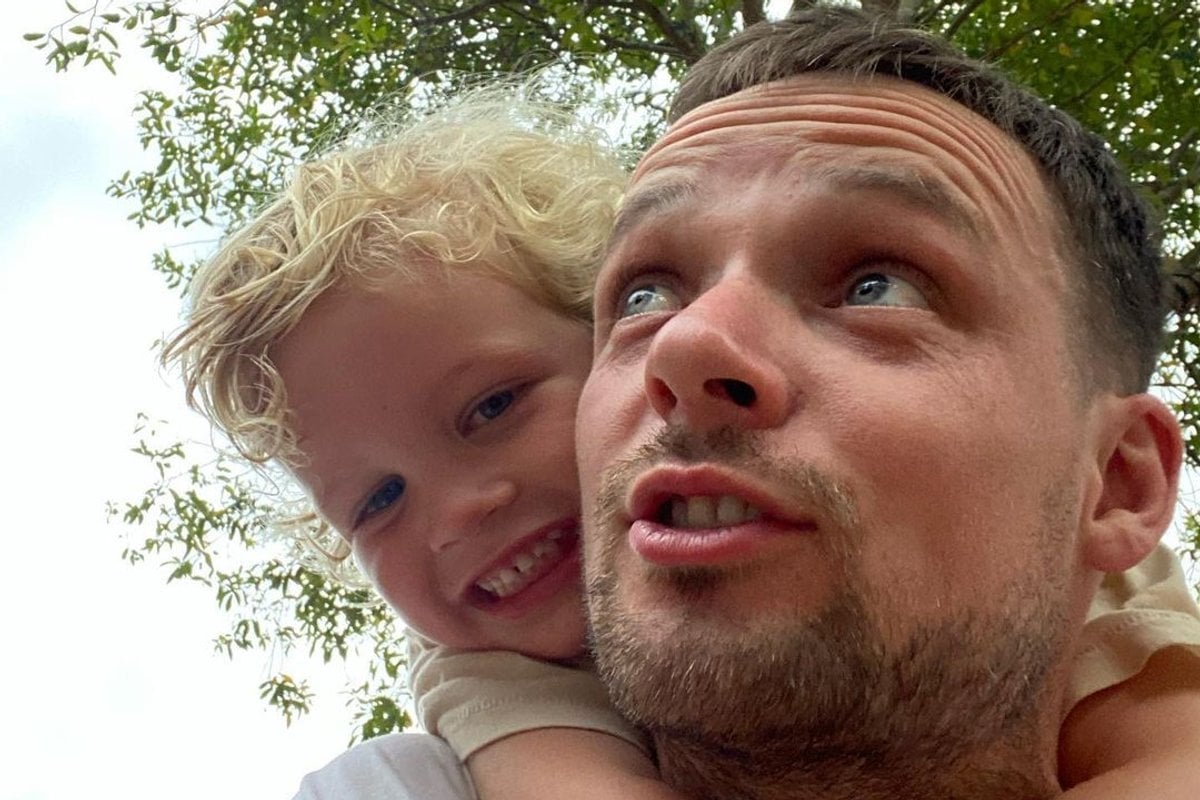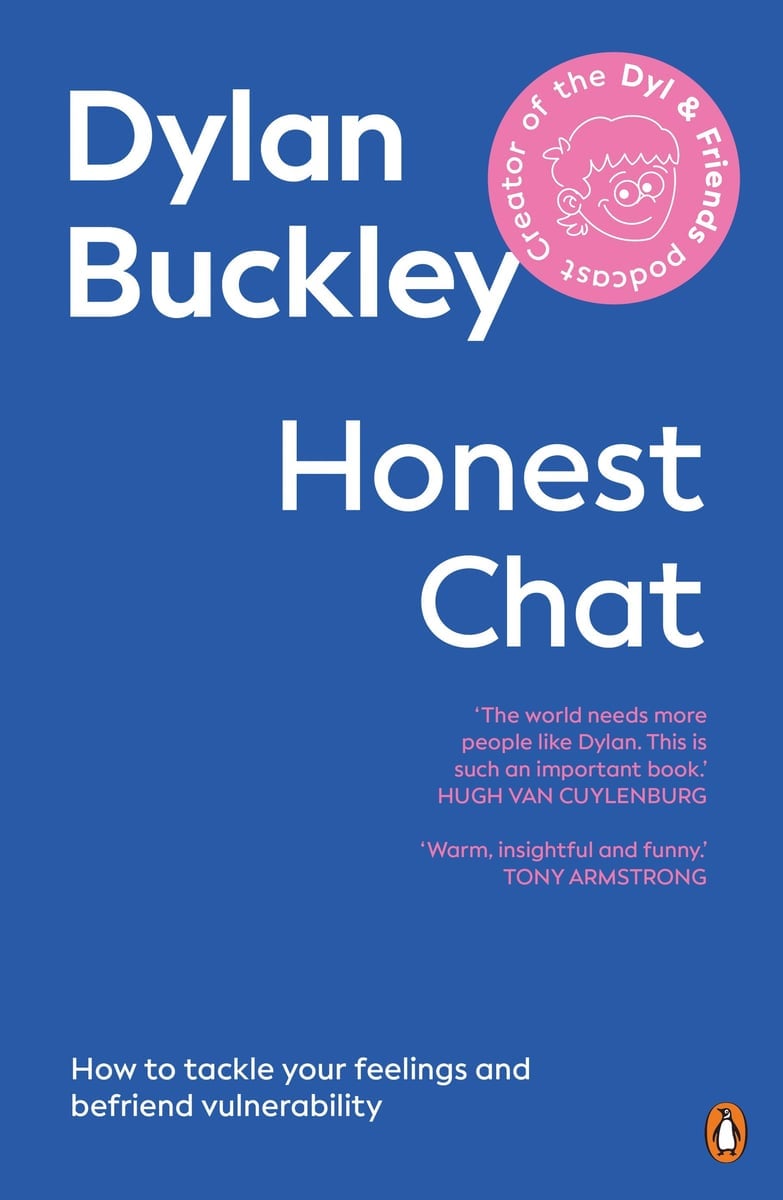
This is an edited extract from Honest Chat by Dylan Buckley (published by Penguin Random House Australia, RRP $35, available here.)
Ahh, AFL. Not exactly a relaxing job for someone prone to anxiety (though, at that point, I had no idea that’s what I had or what to call it). When you’re a top-level footy player, every single thing you do on the field is broadcast to the country and recorded for the rest of time.
Every goal, mark, every time you touch the ball is recorded in the stats and goes into sporting history. You go into a game knowing that if you mess up, it’ll probably be in the papers the next day and out there, someone in the stands is definitely going to let you know how they feel about it. The level of scrutiny and judgement on the player is extraordinary.
If they measured anxiety levels, I’m sure I would have walked away with a medal for that, eight years running.
While you're here, watch Ask Mia Anything | Mia & Anxiety. Story continues after video.
In retrospect, anxiety was probably the biggest negative factor on my footy career by far. I didn’t see it until my career finished, but my anxiety was pretty bad. Since I’ve been learning about mental health and consciously working to understand that part of myself, I’ve realised that my anxiety took all the joy out of footy for me once I started playing in the seniors. I just loved footy to bits, but I couldn’t enjoy it the way I had before I’d gone into the AFL.

